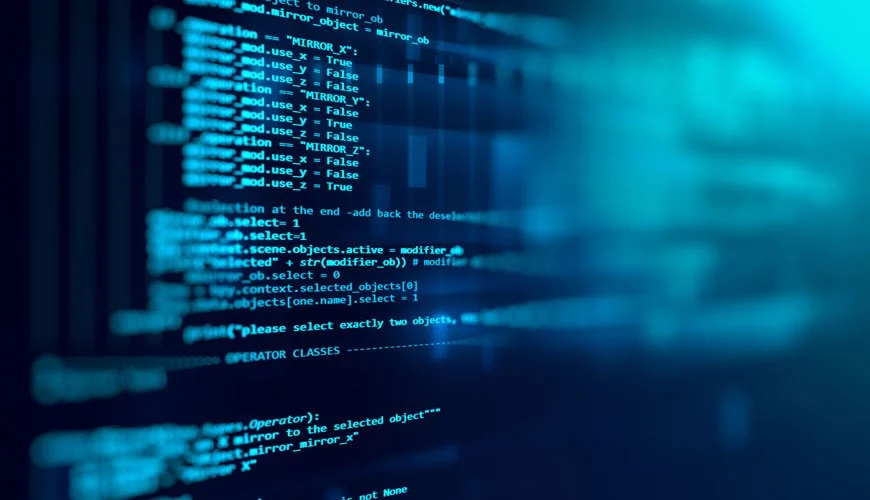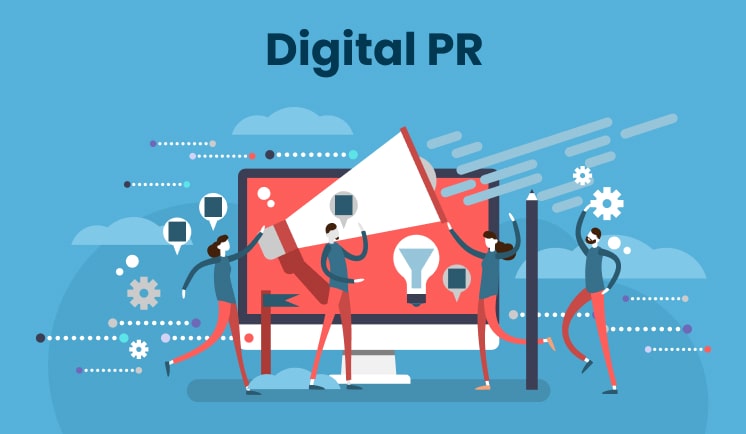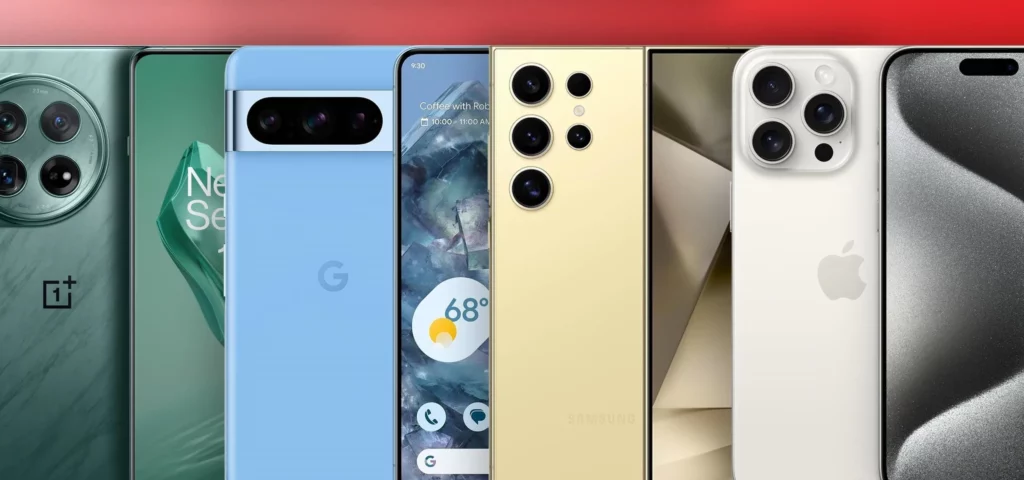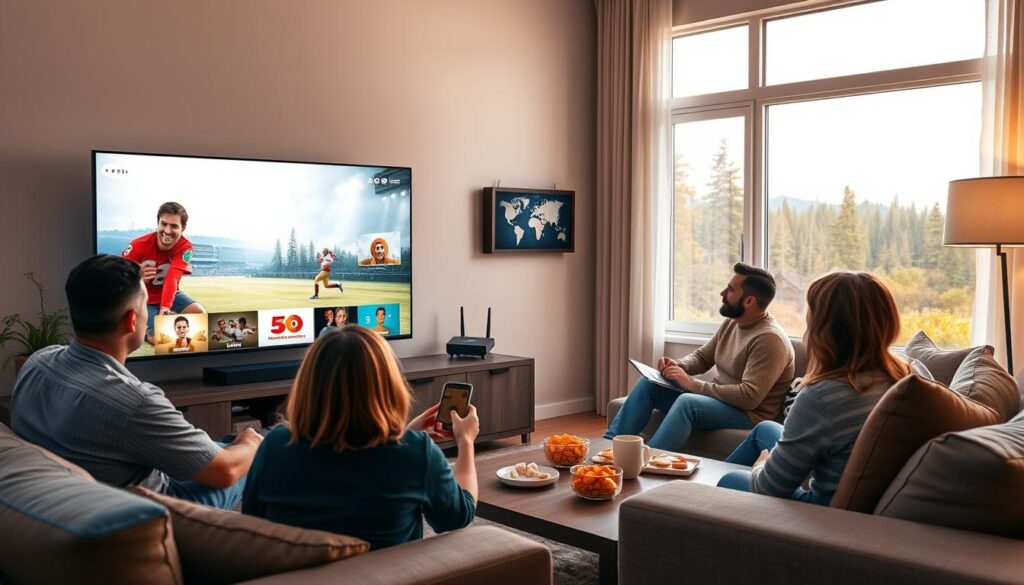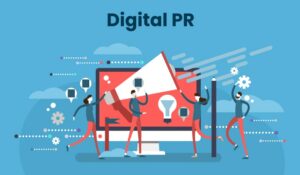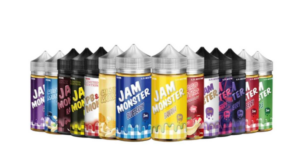As the Internet of Things (IoT) continues to shape the future of technology, businesses are looking for efficient ways to integrate connected devices with web platforms. Drupal, a powerful content management system (CMS), offers robust capabilities for building and managing IoT-enabled applications. This article explores how combining IoT and Drupal creates a versatile framework for connected applications, streamlining the IoT application development process while providing a scalable, secure platform.
Understanding the IoT Application Development Process
The IoT application development process involves several stages, including device integration, data collection, real-time processing, and user interaction. Each stage requires a seamless blend of hardware and software to ensure optimal performance.
Drupal’s modular architecture makes it an excellent choice for handling the software side of IoT applications. Its API-first approach supports integration with various IoT protocols, enabling developers to build applications that connect effortlessly with smart devices. Moreover, Drupal’s ability to manage large volumes of data ensures efficient processing and storage of information collected from IoT devices.
Key Features of Drupal for IoT
- API Integration: Drupal’s RESTful web services allow smooth communication between IoT devices and the web platform.
- Scalability: With the ability to handle high traffic and large datasets, Drupal ensures that IoT applications perform efficiently.
- Security: Drupal’s robust security framework protects sensitive IoT data from cyber threats.
- Customization: Its modular design enables the creation of tailored solutions to meet specific IoT application requirements.
Benefits of Using Drupal in IoT Projects
Integrating IoT with Drupal offers several advantages, making it a preferred choice for connected applications:
1. Streamlined Data Management
Drupal provides advanced tools for organizing, storing, and visualizing data collected from IoT devices. Its flexible content architecture allows for the efficient categorization and retrieval of information, ensuring a seamless user experience.
2. Real-Time Interaction
IoT applications often rely on real-time data processing. Drupal’s ability to handle dynamic content ensures that users receive updates and notifications promptly, improving the functionality of IoT systems.
3. Cost-Effective Development
When opting for offshore Drupal development, businesses can significantly reduce costs while accessing skilled developers. Offshore teams are proficient in leveraging Drupal’s capabilities to create robust IoT applications tailored to business needs.
4. Enhanced User Engagement
Drupal’s responsive design capabilities ensure that IoT applications are accessible across various devices, enhancing user interaction and satisfaction.
How to Integrate IoT with Drupal
To build a connected application using Drupal and IoT, follow these steps:
Step 1: Define Project Scope
Identify the objectives, target audience, and core functionalities of the IoT application. Consider the types of devices and data involved to outline a clear development roadmap.
Step 2: Choose the Right IoT Hardware
Select devices that align with your application’s requirements. Ensure compatibility with Drupal’s APIs and other web technologies.
Step 3: Leverage Drupal Modules
Utilize Drupal’s extensive library of modules to enhance your application. For instance, use Webform for data collection or Views for dynamic content display.
Step 4: Implement Data Integration
Configure Drupal’s RESTful APIs to enable communication between IoT devices and the application. This step ensures the seamless transfer of data.
Step 5: Test and Optimize
Conduct thorough testing to identify and resolve any issues. Optimize the application for performance, scalability, and security to ensure it meets user expectations.
Use Cases of IoT-Enabled Drupal Applications
1. Smart Home Management
Drupal can serve as a centralized platform for managing smart home devices, allowing users to control lighting, temperature, and security systems through a single interface.
2. Healthcare Monitoring Systems
IoT-enabled Drupal applications can track patient health data in real time, providing critical insights for medical professionals.
3. Industrial IoT (IIoT)
For industries, Drupal can integrate with IoT devices to monitor equipment performance, predict maintenance needs, and optimize operations.
The Role of Offshore Drupal Development
Partnering with an offshore Drupal development team can accelerate the creation of IoT applications. These teams bring extensive expertise and cost advantages, enabling businesses to deploy high-quality solutions quickly. By outsourcing to skilled professionals, you can focus on your core operations while ensuring your application is built to the highest standards.
Conclusion
The combination of IoT and Drupal offers a powerful framework for developing connected applications. With its modular architecture, API-first approach, and robust security features, Drupal is well-suited to address the challenges of the IoT application development process. Additionally, leveraging offshore Drupal development can provide a cost-effective solution for building innovative IoT-enabled platforms. By integrating these technologies, businesses can unlock new possibilities for efficiency, engagement, and growth.

